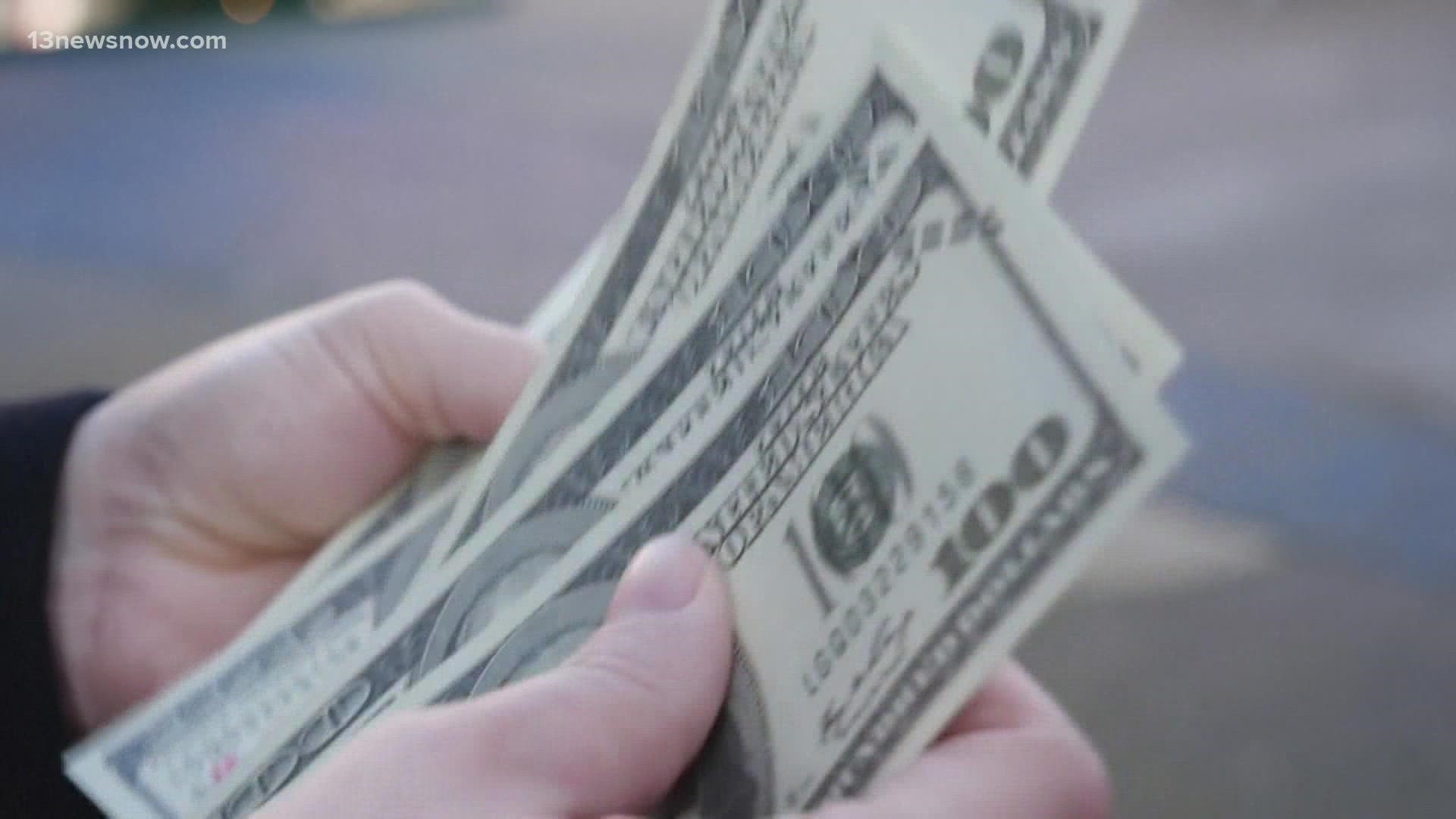NORFOLK, Va. — The impact of inflation is hitting the pockets of many people across the nation.
“The inflation rate in March of 2021 was around 2.4% roughly,” said Peter Shaw, a professor of business administration with Tidewater Community College.
The Labor Department reports inflation jumped to 8.5% this March. That marks the biggest increase in more than 40 years.
Shaw said many factors play into this inflation spike, including more money circulating within the market, supply chain shortages, the war in Ukraine and the shutdown of Shanghai and its port.
“When you bring those elements together, you have an even bigger perfect storm of the inflation problem,” Shaw said.
He said that on the federal level, leaders are taking action to slow down the problem by increasing interest rates, which will help lower the high demand within the market.
Shaw said that will continue throughout the year, but inflation won’t come down until a few issues are resolved.
“You cannot solve the inflation problem until you get your supply chain back to normal, until you get the Ukraine-Russian war settled, get the oil prices settled back down,” he said.
Shaw said if federal leaders miss the margin, we’ll enter another problem.
“We have to be careful in our prescription with securing this inflation, we don’t throw our country into a recession,” he said.
Shaw doesn’t anticipate inflation rates to drop for another year or two. Though, if done right, many analysts project the inflation rate to drop down to 4.5% by the end of the year, which is double the percentage of what we’re used to.
Shaw said that even then, there would still be more work to do.

